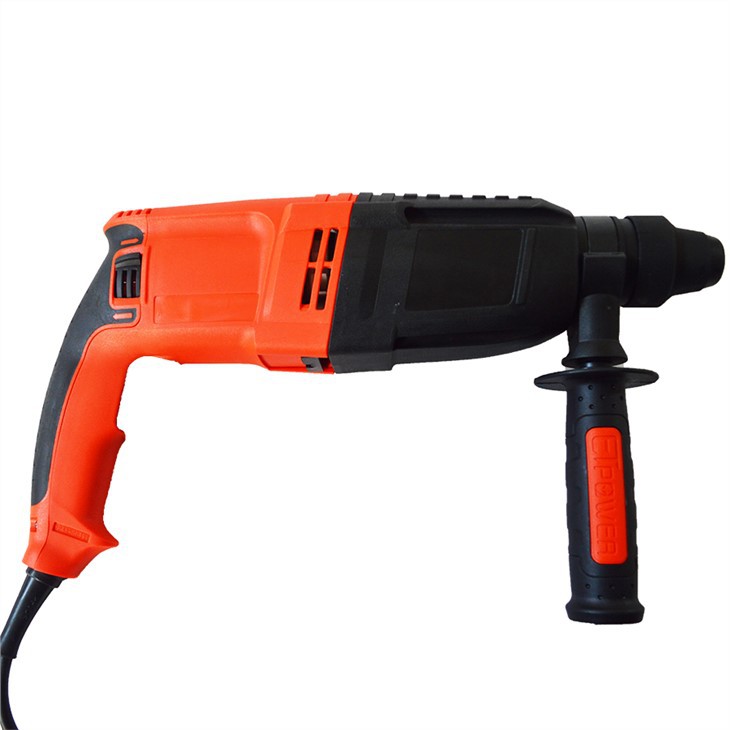Embarking on your DIY journey can be both exciting and overwhelming, especially when faced with the myriad of drill options available. How do I choose a drill for beginners? is a common question, and in this comprehensive guide, we'll navigate through the considerations and provide expert insights to ensure you make the right choice tailored to your needs.
Understanding Your Project Needs: The Foundation of Drill Selection
Before delving into the world of drills, it's crucial to assess your project needs. We'll explore the diverse applications of drills, from simple home repairs to more complex woodworking or construction tasks. Understanding the specific tasks you'll be undertaking forms the foundation for selecting the most suitable drill.
Types of Drills: Unveiling the Options for Beginners
Drills come in various types, each designed for specific purposes. We'll delve into the distinctions between corded and cordless drills, as well as the versatility of impact drills and the precision offered by rotary drills. Understanding these types empowers beginners to choose a drill that aligns with their intended applications.
Power and Performance: Matching the Drill to the Task
The power and performance of a drill are pivotal factors. We'll discuss motor power, torque, and speed settings, providing insights into how these elements translate into real-world drilling efficiency. Beginners will learn how to match the drill's capabilities with the demands of different materials and projects.
Ergonomics and Comfort: Ensuring a Seamless Drilling Experience
For beginners, comfort and ease of use are paramount. We'll explore the ergonomic features of drills, including handle designs, weight distribution, and grip comfort. Understanding these aspects ensures that beginners can confidently handle their chosen drill for extended periods without fatigue.
Chuck Types and Sizes: Adapting Your Drill to Different Bits
The chuck is a critical component of a drill, influencing its versatility. We'll delve into the types of chucks, including keyless and keyed options, and guide beginners on choosing the appropriate size for their specific drilling tasks. This section ensures that beginners can adapt their drill to accommodate various drill bit sizes.
Battery Considerations: Navigating the World of Cordless Drills
For those considering cordless drills, understanding battery considerations is crucial. We'll discuss battery types, voltage, and the impact on the drill's performance and runtime. Beginners will gain insights into choosing a cordless drill that balances power and convenience based on their intended use.
Budget-Friendly Options: Quality on a Beginner's Budget
Cost is a significant consideration for beginners. We'll explore budget-friendly drill options without compromising on quality. This section provides guidance on finding drills that offer the best value for money, ensuring beginners can kickstart their DIY journey without breaking the bank.
User Reviews and Brand Reputation: Tapping into Collective Wisdom
In the digital age, user reviews and brand reputation are valuable resources. We'll emphasize the significance of researching and considering user feedback, as well as the reputation of different brands in the market. This section aims to guide beginners based on the experiences of those who have already wielded the drill.
Conclusion: Empowering Beginners with the Right Drill Choice
Choosing the perfect drill as a beginner involves a multi-faceted approach. By understanding project needs, drill types, power considerations, ergonomics, chuck options, battery considerations, budget-friendly choices, and user reviews, beginners can confidently invest in a drill that becomes an essential companion in their DIY endeavors. Elevate your beginner's toolkit with the right drill choice, setting the stage for successful and enjoyable DIY projects.
